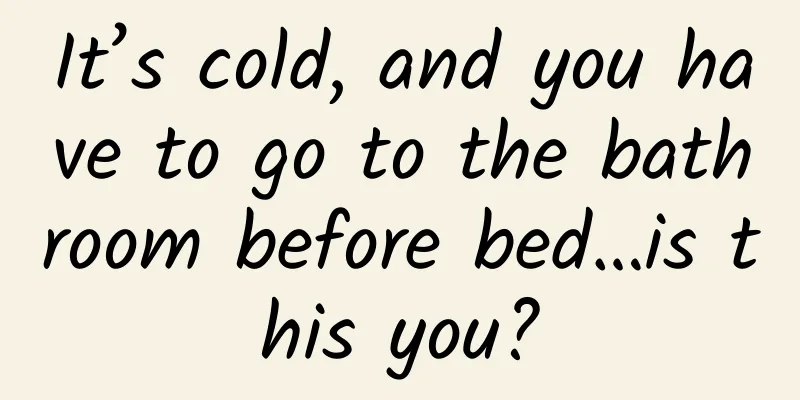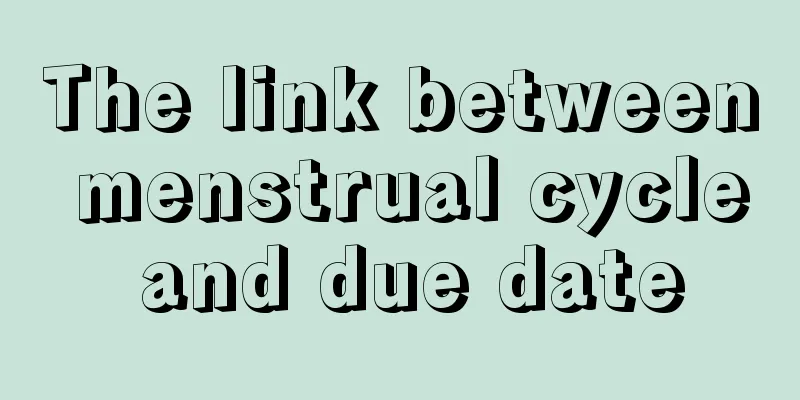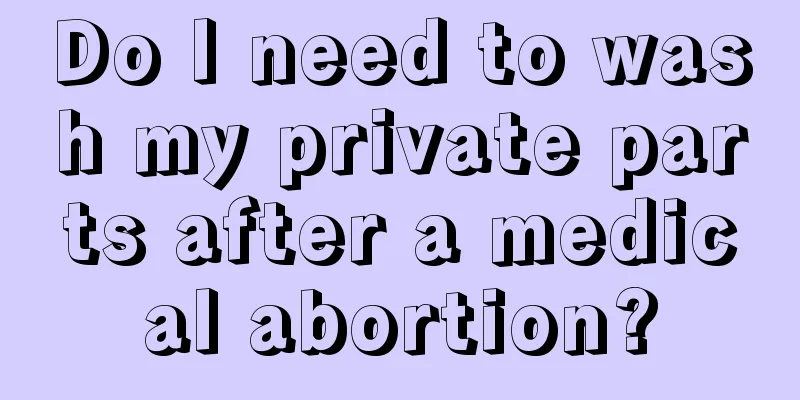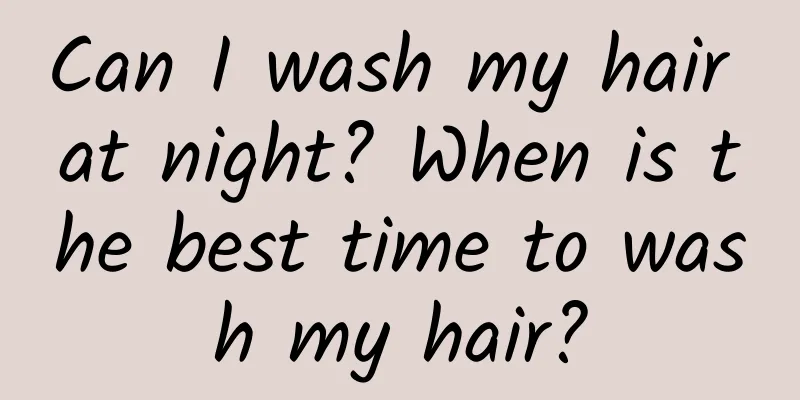Apple: Nearly 1 million new apps rejected by App Store in 2020
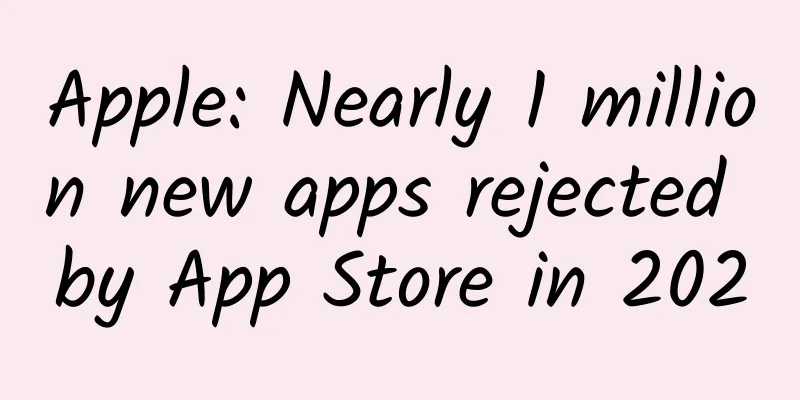
|
Apple Inc said Tuesday it rejected nearly 1 million apps submitted to its App Store for the first time in 2020. The move, in response to scrutiny including a lawsuit from Epic Games and regulatory concerns from lawmakers, is the latest sign that the company is becoming more transparent about how it approves and rejects iPhone apps. Apple said it has a system in place to approve the 1.8 million apps and updates in its App Store and vet them according to a set of rules that protect iPhone users from scams, malware and a poor user experience. As for how Apple rejected apps in 2020, the company provided the following data: – Rejected nearly 1 million first-time applications; - Nearly 1 million app updates were rejected; - 48,000 apps were removed for using "hidden or unreported features," which are often software tools that Apple uses internally for its own apps; - 150,000 apps were removed for spam or for copying another app; 215,000 apps were removed for collecting too much user data or otherwise violating privacy. 95,000 apps were removed for fraud, often because they were rebranded as another app after Apple reviewed them, including gambling apps or pornography apps. – Apple has deregistered 470,000 accounts from its developer program for fraud. Separately, Apple said it rejected the installation of 3.2 million apps last month that used enterprise certificates, a way to circumvent App Store rules through tools large companies use to install internal apps on commercial iPhones. At the time when Apple disclosed the above information, Epic Games (hereinafter referred to as "Epic"), the developer of "Fortnite" (Epic Games), was in the process of filing an antitrust case against the company, trying to force Apple to allow it to provide its own iPhone app store to bypass the 30% in-app purchase fee of the App Store. Epic's lawyers argued that Apple's App Store is a "walled garden" that hinders software developers that compete with it, and that Apple's rules are uneven when applied to different developers. Epic also said Apple's processes are not perfect and sometimes allow malware to be listed on the App Store, and pointed out that Apple's own employees sometimes say its processes are not good enough to prevent fraud. During the trial, Epic questioned Apple's head of app review, Trystan Kosmynka, and got him to admit that Apple did make mistakes in some of the apps it approved or rejected. Apple showed a slide at the trial showing that between 2017 and 2019, the company reviewed about 5 million apps (including app updates) each year using a combination of 500 human reviewers and automated checks, with rejection rates ranging from 33% to 36%. Apple employees argued at the trial that the number of mistakes the company made was insignificant compared to the size of its App Store. Apple has long said the App Store is an essential and integral part of its business, saying it is the only way for consumers to install software on iPhones. A lawyer for the company argued last week that allowing users to install software outside the App Store, as Android does, would create security risks and said Apple does not want to adopt Android's model. |
<<: Counterpoint: Samsung lost the top market share in four markets in Q1 2021
Recommend
What to do if the left fallopian tube is blocked
We know that in order to successfully conceive a ...
Live broadcast|Hypothyroidism in the elderly cannot be ignored
Hypothyroidism (abbreviated as hypothyroidism) is...
#千万IP创科学普# The “combat effectiveness” of autumn mosquitoes is off the charts, beware of dengue fever!
As autumn approaches, some friends have found tha...
What are the symptoms of cervical cysts? One look and you'll know
Although cervical cyst is a common gynecological ...
I only have back pain but my period is not coming.
Menstruation has always puzzled many women. When ...
Can women take folic acid?
Female friends are not unfamiliar with folic acid...
How long is the delay in menstruation considered normal after taking birth control pills?
Adult women all know that birth control pills are...
Can I get pregnant if I ejaculate inside during my fertile period?
In order to make it easier for themselves to conc...
I feel like I have my period but there is no bleeding
I believe that menstruation is a troublesome prob...
How long does it take for the cervix to open after it flattens?
For the vast majority of pregnant women who choos...
What is the reason for the yellow tofu-like leucorrhea?
Yellow tofu-like leucorrhea is mainly a typical s...
Do you know the dangers of drinking for girls?
As female friends make up half of the population,...
What should I eat when my period comes?
Women's body resistance is relatively low dur...
Brown discharge during late pregnancy
When many women reach the late stages of pregnanc...
How should women maintain their ovaries?
The ovaries are the most important organs in a wo...

